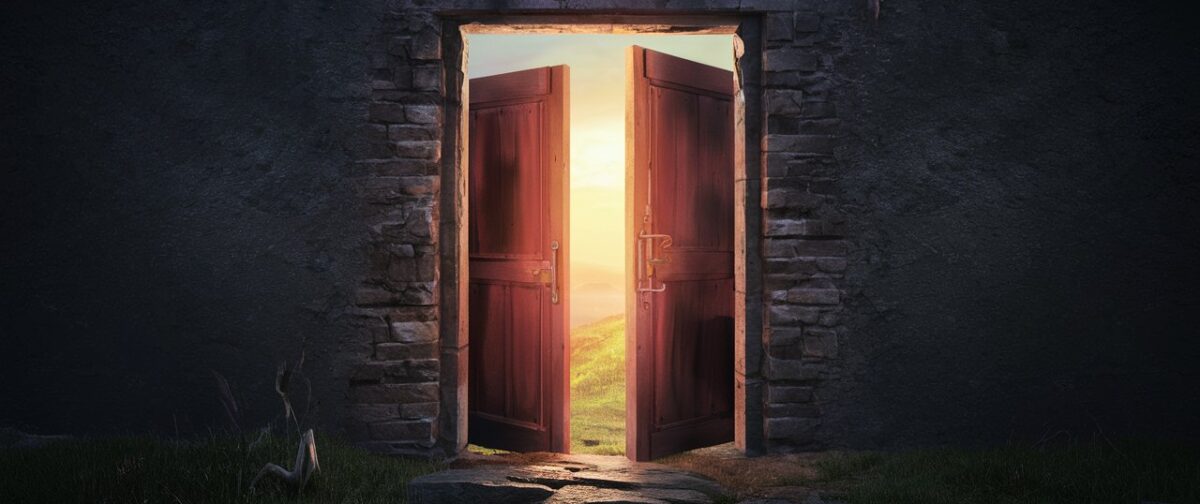
These are some of the lessons about life I learned during my trip in South America in 2024:
1) The Importance of Balance: I think I tried to do too much during the trip, hurting my mental health. Each day I gave myself too many items on my to-do list. This made me less in the moment, detracting from my ability to meet people and be open where I was. It also made me more stressed and irritable.
2) Always another adventure: No matter what happens, life goes on. There’s always another day, another struggle. When you travel, you don’t stay in a place long enough to really experience the benefits of community or the long-term consequences of your actions. You can keep certain positive things – like your memories, photos and most importantly, any good relationships you made along the way – but many negatives you can continue to leave behind. That person you accidentally offended because of a cross-cultural difference, you will never have to see again, for example.
This can create a type of Groundhog Day-like nihilistic feeling, if you allow it to. You are freed from certain types of consequences and can focus on those personal experiences, memories, and relationships that you do take with you. Navigating this can be very different from regular, settled life, and it took me many months to get used to that. You must create your own meaning as you go.
3) Finding Meaning: I think this trip made me think more about how I should find meaning and fulfillment in life. I learned how vacuous the typical “career life” can be, and how beautiful and fascinating other parts of the world are. At the same time, seeing more and more places took some of the novelty of adventure. It forced me to be more at peace with myself. I had to pause during the key moments and realize that I will be forever who I am and that I need to figure out how to find satisfaction in that.
Contentedness does not mean I do not have passions or strive to do new things: knowing myself, I would not feel fulfilled with stasis. Contentedness, for me at least, means that I feel fulfilled as I follow my passions: that’s how I find satisfaction each day of my life.
4) Every day of traveling won’t feel magical: Endless amazement only exists in one’s mind. Some days feel drab, tiring, or just plain annoying, and you need these days to make the wondrous ones feel magical. Happiness and satisfaction are really in your mindset. I can do an activity one day and love it, and do an activity another day and find it mediocre or even taxing, and the main difference is my attitude. Maybe the trick to finding satisfaction in life is to align one’s passions with what one is doing so that the winds feel at your sails as you do it.
5) The importance of communication: Traveling with my girlfriend, I learned that communicating your expectations is crucial. I think I overall did a bad job at this, and we had two different expectations for how we were traveling. In addition to getting on the same page at the beginning, communicating expectations is a constant, iterative process at almost every stage of travel. We constantly navigated between what I wanted and what she wanted while traveling. This was a constant dance that we had to work on together.
All this said, the most important lesson I learned is that traveling the world is amazing, and I would recommend it for anyone who wants an adventure.









